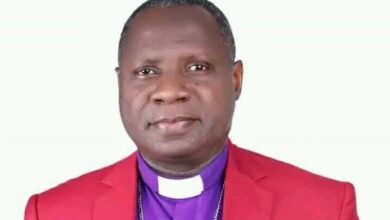Chinese loans: NASS Probe May Delay Rail Projects- Amaechi

The ongoing investigation by the National Assembly may stall implementation of the loan agreement between Nigeria and China on the Port Harcourt to Maiduguri rail project.
The minister of Transportation, Rotimi Amaechi, raised the concerns against the backdrop of the wave of probe of some ministries and agencies by the parliament.
According to him, the Chinese government had already warned that negotiations will be stalled, in the face of such issues.
“The investigation being carried out by National Assembly may frustrate the loan agreement between us and China on the Port Harcourt to Maiduguri rail project.
“So, if tomorrow we are unable to construct Port Harcourt to Maiduguri railway because we didn’t get the loan, it is because of the investigation by NASS. I told the National Assembly that they can investigate but they should allow us get the loan first.
“If they stop the work from Ibadan to Kano, it is because of the investigations,same with Lagos to Calabar railway. If you think there is corruption , investigate corruption , what we are saying is that we should conclude negotiation first because there is pressure affecting the Chinese government in which they are talking to us directly. So, for me, what is primary here should be national interest.
“We have the approval to construct the Lagos-Ibadan, Lagos-Kano and Lagos-Calabar rail lines , we are also at the point of negotiating for the loans, summoning us to the National Assembly to come and address the loans would look like the government is no longer interested in the loan ,” he said.
On plans to repay the loans , the minister said that profit generated from the train service would be used for the purpose, even as he declared that a special account would be opened for that purpose.
Amaechi, however, debunked insinuations in some quarters that the Chinese loan is being paid directly to the Nigerian government, to execute the rail projects.
Hear him: “One good thing about the loan we are collecting is that they are not paid to us, they are paid directly to the contractors who execute those projects,”he explained”.






